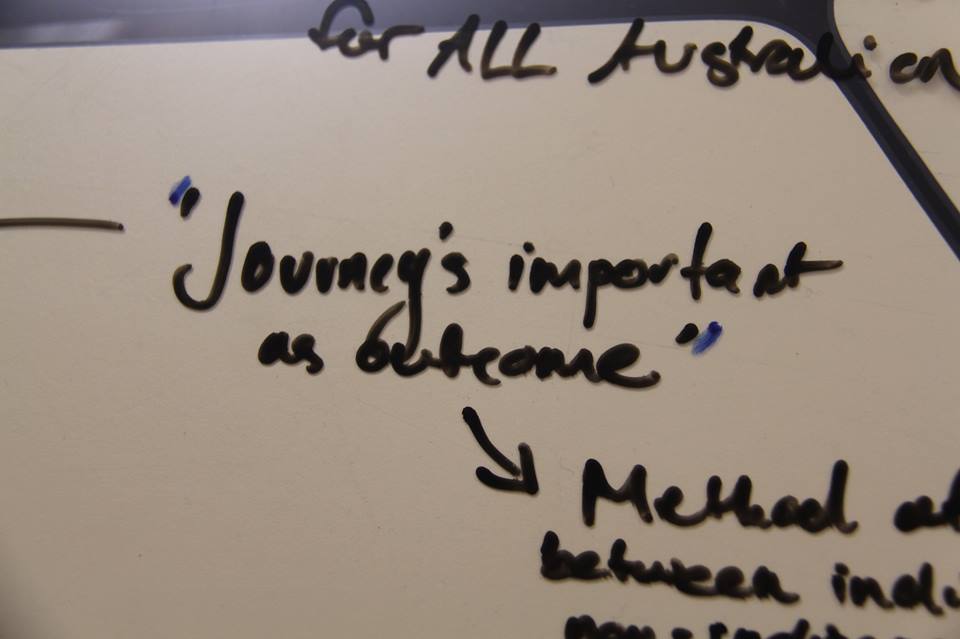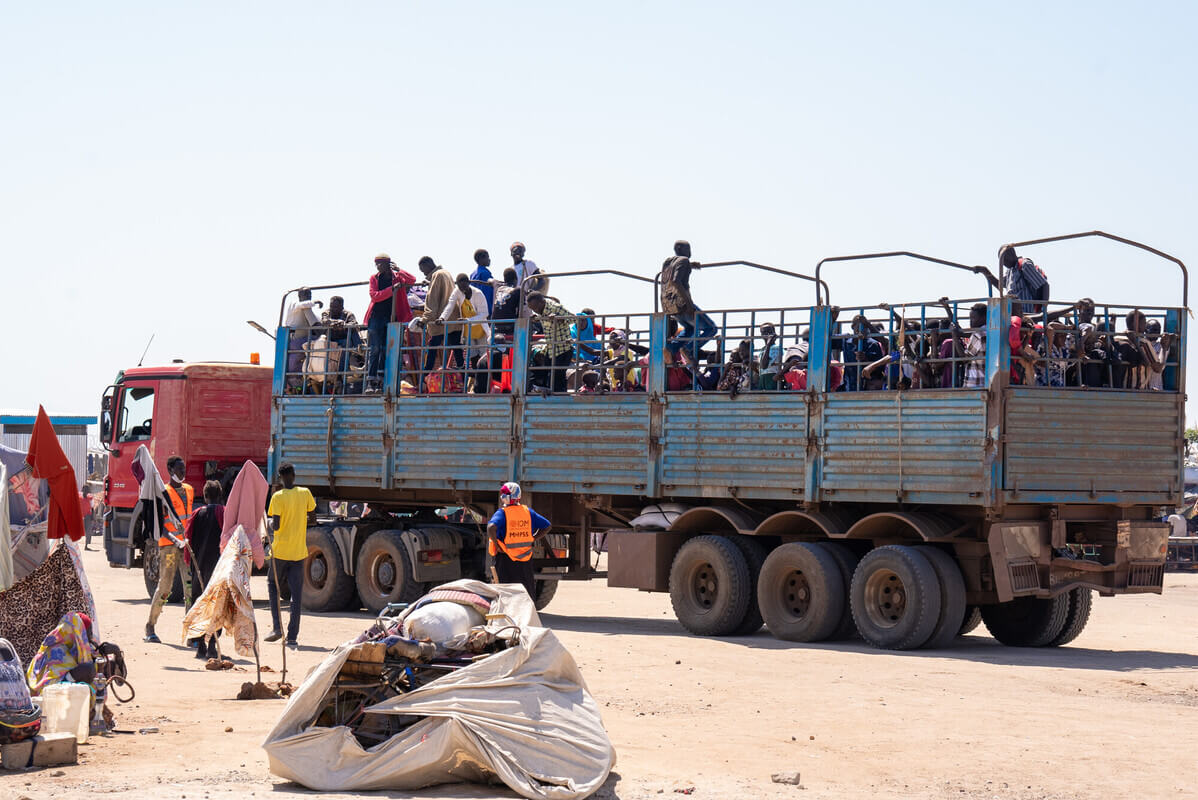Our Constitution is missing a crucial part of the Australian story – there’s not one mention of the tens of thousands of years of history of the First Australians, nor the unique contribution that Aboriginal and Torres Strait Islander people continue to make today. In fact, whilst there are parts that mention lighthouses, beacons, buoys and Queen Victoria, Australia’s long and proud Indigenous history remains conspicuously absent.
That is why people – especially young people, are becoming increasingly involved in moves to recognise the First Australians in our nation’s founding document. Students and young people have long played an important role in positive movements for change. Think 1960s Freedom Rides led by Charles Perkins and a small group of committed university students that forced the civil rights movement onto the national agenda. Today’s push for constitutional recognition will be an opportunity for this generation of young people to be a part of history. To respond to this challenge, Oxfam has developed Students for Recognition – a movement of young people committed to making these important changes in our generation.
So, where did the recent push to finally recognise Aboriginal and Torres Strait Islander people in our Constitution and complete our national story come from?
In 2011, the Australian Government appointed a panel of Aboriginal and Torres Strait Islander leaders, legal experts and political representatives from across the political spectrum, who reviewed the constitution, engaged across the nation to seek views in some 250 community meetings, and accepted over 3500 submissions. Based on this broad based engagement, the panel recommended a number of amendments that together would recognise the First Australians, allow for laws to continue to be made to address historic disadvantage, and ensure laws could not be made that discriminated against any person based on race. These changes make absolute sense and would put our Constitution right, bringing it up to date with the values of today rather than those of 1901.
Importantly, while the detail of the proposal to be taken to a referendum is yet to be finalised, constitutional recognition is supported by all political parties – an essential ingredient for a successful referendum. We now need to turn to building public awareness of why change is needed and what it would mean for the nation. This is where Students for Recognition comes in. Just like Charlie Perkins and the other Freedom Riders, students have a huge contribution to make to this historic movement for change. By collaborating with Oxfam University Groups in universities nationwide, Students for Recognition is building awareness around Constitutional Recognition and its vital importance. Students and young people can once again be at the centre of positive history making social change for Aboriginal and Torres Strait Islander people. Change that will finally put right the historical exclusion of First Australians from our constitution. Changes that would be a critical step in building a reconciled nation. This change is needed, it’s the right thing to do, and it’s time for students to take up the challenge. It’s time to get behind the movement.
Find an event near you and like the Students for Recognition Facebook page
Sign the pledge to support the Constitutional Recognition of Indigenous Australians



